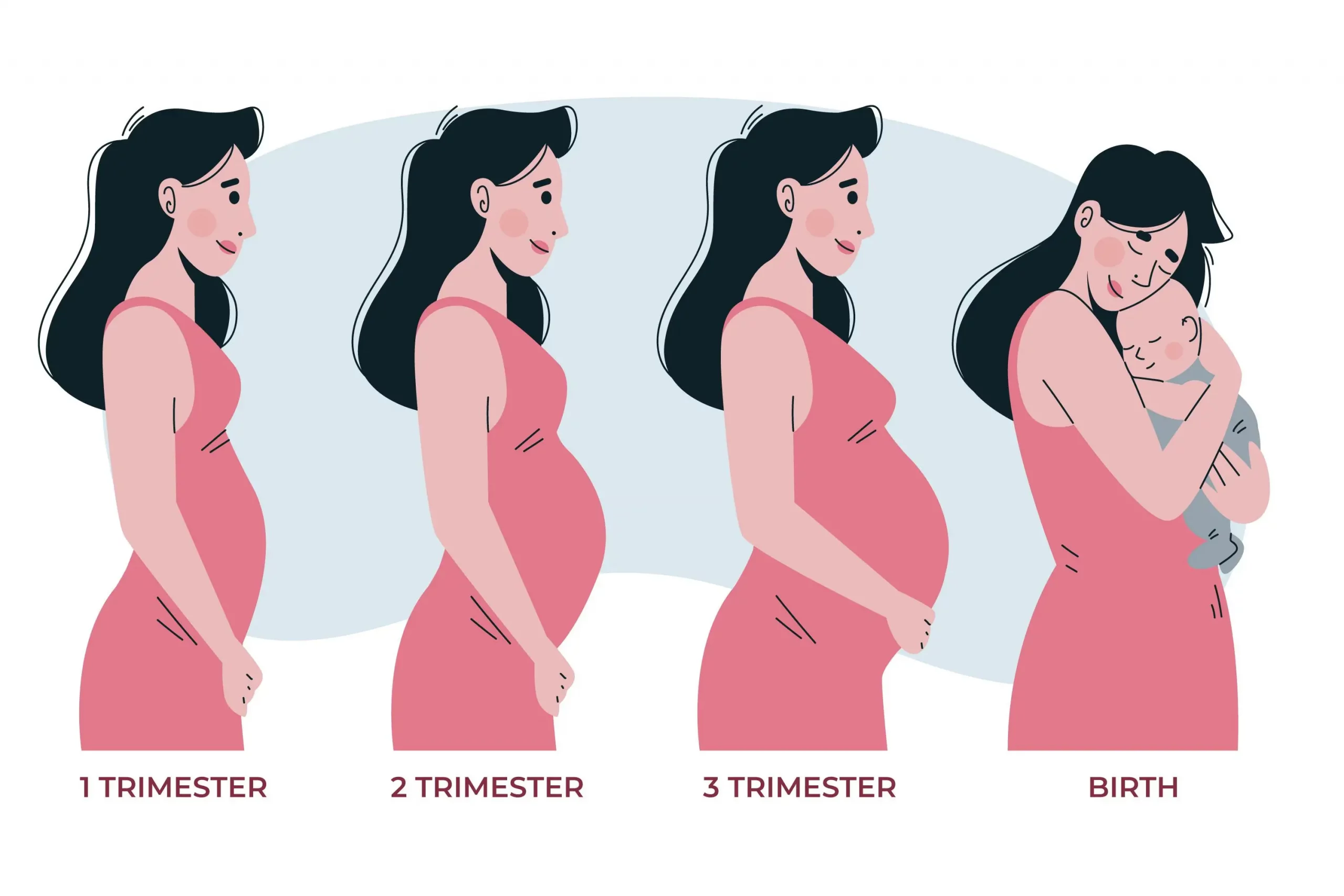
Introduction
The Child-Parent Security Act (CPSA) reshaped parentage in New York by recognizing compensated gestational surrogacy with strong protections. But procedures vary by county and hospital, which means planning is everything. This legal walkthrough focuses on practical steps that reduce last-minute scrambling.
CPSA at a Glance
CPSA ensures independent legal counsel for all parties, codifies surrogate protections, and clarifies parentage tools for intended parents.
- Independent counsel for surrogate and intended parents.
- Surrogate’s Bill of Rights covering medical autonomy and insurance.
- Clear mechanisms to establish legal parentage.
Pre-Birth Orders: County Nuance
Many NY counties issue pre-birth orders in the third trimester; some finalize close to delivery. Work with counsel who knows your venue.
- Prepare filings early; some courts accept at ~20–28 weeks.
- Confirm judge preferences and document format details.
- Keep hospital counsel/administration looped in.
Hospital Planning Essentials
Hospitals vary in experience working with surrogacy. Early coordination avoids confusion about who signs what and how the newborn is discharged.
- Confirm L&D policies for surrogacy; introduce counsel to L&D lead.
- Share the draft parentage order and contact info for attorneys.
- Clarify postpartum rooming-in and discharge paperwork.
- Ensure newborn insurance is active before delivery.
Risk Controls & Documentation
Legal success in NY is less about drama and more about preparation. Treat every step like an audit trail—clear records and early sharing.
- Maintain a shared secure folder for court filings and hospital letters.
- Keep copies of insurance letters and authorization forms.
- Use written communication to memorialize decisions.
Case Study
An Upstate couple worked with counsel who regularly filed pre-birth orders in their county. The team submitted a complete packet at 26 weeks, copied the hospital’s L&D administrator, and received the signed order by 30 weeks—zero surprises at delivery.
Testimonials
- “Our attorneys knew the county’s preferences, and everything sailed through.” — J.&S., Nassau County
- “Hospital onboarding was smooth because we shared the order drafts early.” — L.&E., Manhattan
- “Having counsel for all parties made tough decisions easier to navigate.” — C.&A., Westchester
Internal Linking Suggestions
Patients Medical – Wellness & Fertility
FAQs
Q. When can we file for a pre-birth order?
Ans : Your attorney can often file once pregnancy milestones are met; many venues file during the second or early third trimester.
Q. What if our county rarely sees surrogacy cases?
Ans : Experienced counsel will prepare extra documentation and proactively educate the court and hospital contacts.
Q. Do both intended parents need to attend court?
Ans : Ask your lawyer—procedures vary. Many orders are handled on paper without in-person appearances.

Dr. Kulsoom Baloch
Dr. Kulsoom Baloch is a dedicated donor coordinator at Egg Donors, leveraging her extensive background in medicine and public health. She holds an MBBS from Ziauddin University, Pakistan, and an MPH from Hofstra University, New York. With three years of clinical experience at prominent hospitals in Karachi, Pakistan, Dr. Baloch has honed her skills in patient care and medical research.






